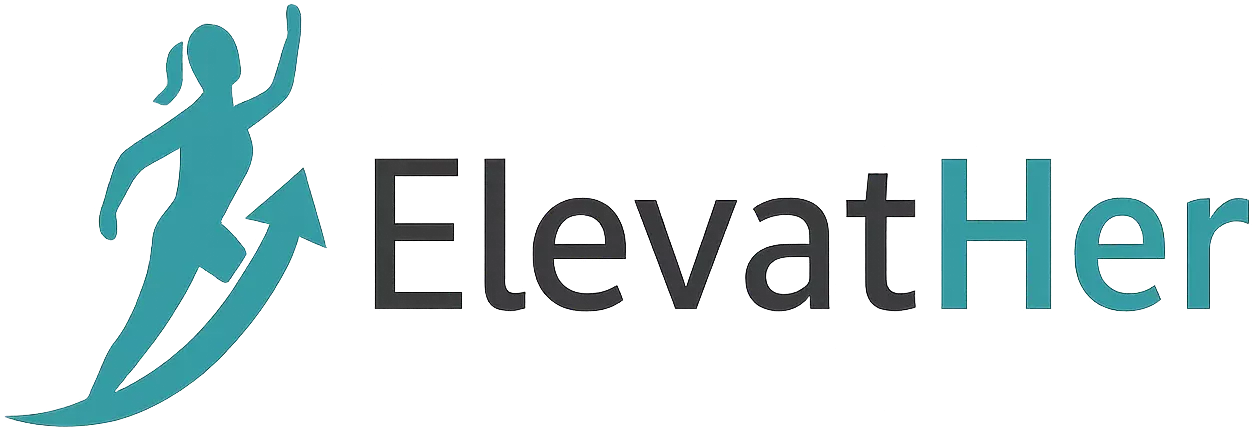Quantum computing is no longer a theoretical curiosity confined to academic labs—it’s rapidly becoming one of the most transformative technologies of the 21st century. As companies like IBM, Google, and startups like Rigetti and IonQ push the boundaries of what’s possible, the demand for skilled quantum computing professionals is skyrocketing. But how do you get from a curious beginner to a quantum computing expert? This guide will walk you through mastering the essential skills in quantum computing, helping you stay ahead in this revolutionary field.
1. Understanding the Basics: What Is Quantum Computing?
Before diving into advanced skills, it’s vital to grasp what makes quantum computing fundamentally different from classical computing.
Key Concepts:
- Qubits: Unlike classical bits (0 or 1), qubits can exist in a superposition of states.
- Superposition: A qubit can represent both 0 and 1 simultaneously.
- Entanglement: Qubits can be correlated with each other such that the state of one instantly affects the other, no matter the distance.
- Quantum Gates: The building blocks of quantum circuits, similar to logic gates in classical computers.
- Quantum Measurement: The act of observing a qubit collapses it to a definite state.
Understanding these concepts lays the foundation for everything that follows.
2. Mathematical Foundations: Speak the Language of Quantum
Quantum computing is deeply mathematical. To excel, you must be comfortable with:
- Linear Algebra: Matrices, vectors, tensor products, eigenvalues/eigenvectors.
- Probability Theory: Key to understanding measurement outcomes.
- Complex Numbers: Essential in representing qubit states.
- Dirac Notation (Bra-Ket): Standard notation in quantum mechanics.
Recommended Resources:
- “Linear Algebra Done Right” by Sheldon Axler
- Khan Academy’s Linear Algebra and Probability modules
- Quantum Computation and Quantum Information by Nielsen and Chuang
3. Quantum Programming Languages and Tools
Just like Python and Java are essential in classical computing, several languages and frameworks are emerging in the quantum space.
Leading Tools:
- Qiskit (IBM) – Python-based SDK for working with quantum circuits.
- Cirq (Google) – Library for creating, editing, and invoking Noisy Intermediate-Scale Quantum (NISQ) circuits.
- PennyLane (Xanadu) – Focused on hybrid quantum-classical computations and machine learning.
- QuTiP – Great for simulating open quantum systems.
Tip:
Start coding quantum circuits on simulators before moving to actual quantum hardware. IBM’s Quantum Lab offers free access to cloud-based quantum processors.
4. Quantum Algorithms: The Real Magic
Understanding quantum algorithms is what sets you apart as a serious practitioner.
Must-Know Algorithms:
- Deutsch-Jozsa Algorithm: Shows quantum speed-up over classical approaches.
- Grover’s Search Algorithm: Search an unsorted database in √N time.
- Shor’s Algorithm: Factors large integers exponentially faster than the best-known classical algorithms—a potential threat to modern encryption.
- Quantum Fourier Transform (QFT): A key subroutine in many quantum algorithms.
Deeply understanding the purpose, mechanics, and implementation of these algorithms is a major step in mastering quantum computing.
5. Specializations Within Quantum Computing
Quantum computing is a vast domain. Depending on your interests and background, you can specialize in:
- Quantum Software Development: Programming and algorithm design.
- Quantum Hardware Engineering: Building and maintaining quantum processors.
- Quantum Cryptography: Exploring secure communication methods using quantum principles.
- Quantum Machine Learning (QML): Merging quantum computing with AI.
Each path requires a unique set of skills, so choose according to your strengths and interests.
6. Stay Updated: Read, Research, Repeat
Quantum computing is evolving fast. To stay ahead:
- Follow academic journals like Quantum Information Processing and npj Quantum Information.
- Subscribe to newsletters like Quantum Weekly or The Quantum Observer.
- Attend conferences such as Q2B, IEEE Quantum Week, and APS March Meeting.
Participating in hackathons, online communities (like the Qiskit Slack, Reddit’s r/QuantumComputing), and open-source projects is also incredibly valuable.
7. Formal Education vs. Self-Learning
Both paths are valid, depending on your circumstances.
Formal Education:
- Bachelor’s/Master’s in Physics, Computer Science, or Electrical Engineering with a focus on quantum.
- Specialized programs like MITx’s “Quantum Computing Fundamentals” or Stanford’s online quantum courses.
Self-Learning:
- MOOCs: edX, Coursera, Brilliant.org
- Books: Quantum Mechanics: The Theoretical Minimum by Leonard Susskind, Dancing with Qubits by Robert S. Sutor
- YouTube Channels: Qiskit, MinutePhysics, Quantum Country
Pro tip: Combine both approaches. Learn theory from books and courses, then apply it with hands-on practice.
8. Building Projects and a Portfolio
Start applying your knowledge through projects. Ideas include:
- Building a quantum random number generator
- Implementing Grover’s algorithm on Qiskit
- Simulating quantum teleportation
- Exploring variational quantum eigensolvers (VQE) for chemistry simulations
Document your projects on GitHub and write blog posts or tutorials explaining them. This not only deepens your understanding but also showcases your skills to potential employers.
9. Career Opportunities and Future Outlook
Quantum computing is still in its early days, but career opportunities are booming in both academia and industry.
Job Roles:
- Quantum Software Developer
- Quantum Algorithm Researcher
- Quantum Hardware Engineer
- Quantum Machine Learning Scientist
- Quantum Cryptographer
Hiring Companies:
- Tech Giants: IBM, Google, Microsoft, Amazon
- Startups: Xanadu, Rigetti, IonQ, PsiQuantum
- Research Labs: CERN, NIST, NASA, and leading universities
Keep an eye on quantum job boards and company career pages.
10. Final Thoughts: The Mindset of a Quantum Learner
Quantum computing is challenging. You’ll often feel confused, and that’s okay. Embrace uncertainty—it’s at the heart of quantum theory itself.
Key Traits to Cultivate:
- Curiosity: Stay eager to learn the “why” behind the math.
- Patience: Mastery takes time and effort.
- Community: Learn with others—discuss, collaborate, and grow together.
- Persistence: Progress may be slow, but every step counts.
Quantum computing is not just a skill—it’s a journey into the fabric of reality.
Conclusion: Take Your First Step Today
Mastering quantum computing is a marathon, not a sprint. Whether you’re a student, software engineer, physicist, or just curious, there’s a place for you in this exciting new frontier.
Start small. Stay consistent. Build real projects. And most importantly, never stop learning.
Because the future? It’s quantum.

